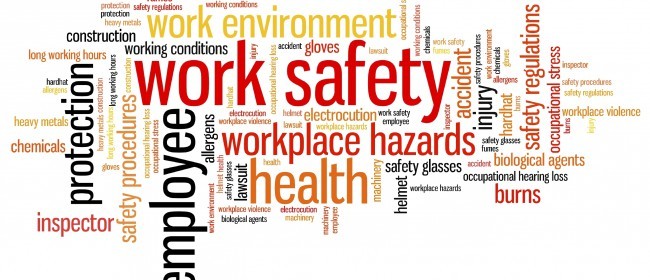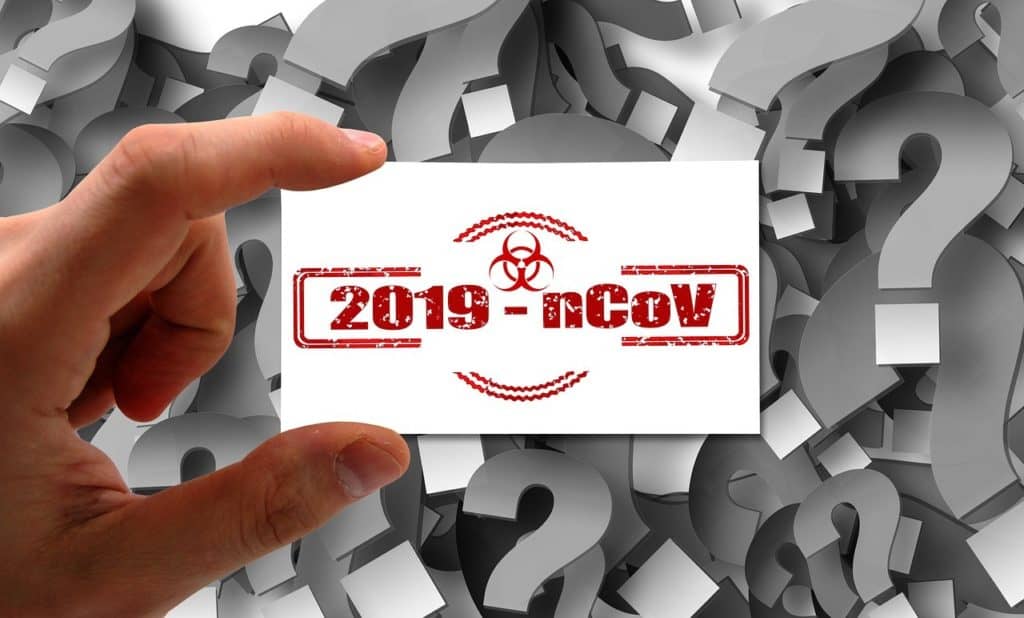In late January this year, the situation in China looked glum. The country was the epicenter of the Corona Virus Disease (Covid-19) which would take more than 3,000 lives. But the crisis is spreading. What was once concentrated in the province of Hubei, is now spread to almost every country in the planet. Some of the hardest hit are the United States, Spain and Italy.
Today, many countries around the world are enforcing stay-at-home orders and ordering the closure of many “unessential” businesses. This means theatres, art galleries, restaurants, pubs and bars, cinemas and many more are shuttered. Countries are also scrambling for an appropriate response because so far this disease has no cure.
Each country is clearly facing different challenges. However, there are opportunities that companies and businesses can learn from what happened in China. With Wuhan lifting lockdown restrictions in the city, the country appears to be on the verge of starting an economic rebound. While this recovery is still vulnerable to a new wave of infections, many Chinese companies are now looking towards post-recovery planning.
Here are some lessons business leaders and companies can learn from China.
Constantly Reframe Business Model
The Covid-19 pandemic has led businesses to unchartered territory. Not only because it disrupted supply chains when the disease broke out in China but also because it spread worldwide rapidly, causing many governments to become unprepared.
Unlike the 2002 SARS epidemic where it primarily spread to Asian countries, Covid-19 is on a worldwide rampage with numbers of infection and deaths surpassing SARS with a large margin. In order to cope with uncertainty, business leaders need to constantly reassess and reframe their business model.
For example, businesses in China quickly learned to shift from brick-and-mortar operations to an online model. There were businesses that were quick to realize that with lockdowns in place, nobody would be able to go to grocery stores and shop, which is why many of them shifted focus to online efforts or by supplying small stores. As a result they were able to recovery more quickly.
Create Clarity And Security For Employees

In times of crisis, it can be hard to find clarity. It seems that during this Covid-19 pandemic there is too much uncertainty and constant change which is confusing not only to individuals but for employees as well. Since the environment is always shifting, guidance and official advice might be contradictory, out of date or even absent. It is natural for employees not only to become confused but also to find new ways to adapt. However, they won’t be able to do so unless there is clear and consistent information from upper management.
There are Chinese companies that crated guidelines and support to employees early. This proactive kind of leadership provided guidelines in terms of organizational procedures for employees. For example, there should be a instructions for employees to limit exposure to other colleagues when dining and emergency plans should such situations arise. Chinese employers required regular health checks for their workers and their families during the early stages of the outbreak. Many companies also procured safety equipment such as masks and PPEs to ensure that workers are kept safe even while at work. As a result, there were companies that were able to reopen production lines around mid-February.
Be Labour-Flexible
Many businesses in China were hit hard by the Covid-19 pandemic. Restaurants, bars and pubs had employees that were vulnerable to the changes that happened in the country. Many restaurants were forced to close down especially in locked down cities.
In order to provide work to their employees, creative Chinese businessmen reallocated employees to other businesses that needed manpower. For example, in areas where there were cinema, restaurant and hotel closures, employers shared their workforces to other companies instead of furloughing them. They were shifted to a new retail supermarket chain owned by Alibaba to help with delivery services due to the increase in online purchases.
Shift Sales Channel Mix
Many brick-and-mortar stores were affected by the Covid-19 Pandemic in China. With many businesses shuttered closed and citizens ordered to stay at home, sales from traditional forms of business quickly dwindled to nothing.
Agile Chinese businessmen were quick to adapt to these changes. A cosmetics company called Lin Qingxuan for instance was forced to close most of its physical stores including those in Wuhan, potentially leaving many employees out of a job. Their strategy to avoid this was brilliant. They deployed over a 100 beauty experts from those stores and turned them into influencers and used tools like WeChat to engage customers. As a result, sales in Wuhan were able to see a 200% growth compared to last year’s sales.
Look For Opportunity

With many businesses forced to close in order to curb the spread of the virus, many business leaders and owners felt hopeless. The pandemic has impacted many businesses and the Chinese economy. However, there were also companies that thrived and even saw a boost in their sales and profit.
Lockdowns and pandemic can bring unexpected opportunity too. B2C (business to ecommerce), remote meeting services, social media, hygiene products, health insurance and other businesses were able to find opportunity despite the hard times. For instance a social video platform called Kuaishou promoted online learning in order to compensate for school closures. They partnered with the country’s Ministry of Education to open a national cloud classroom so students can continue to learn in the safety of their homes.
Bottom Line
As the pandemic continues, more lessons can be learned not only from China but from the USA, but from Korea, Spain and Italy too. Companies that are quick to adopt changes in to their organizations can protect their employees and businesses more quickly. Since the Covid-19 pandemic is quickly changing how we do business, an adaptive approach should be applied broadly and beyond crisis management.



